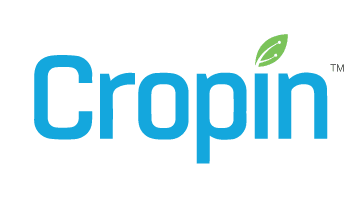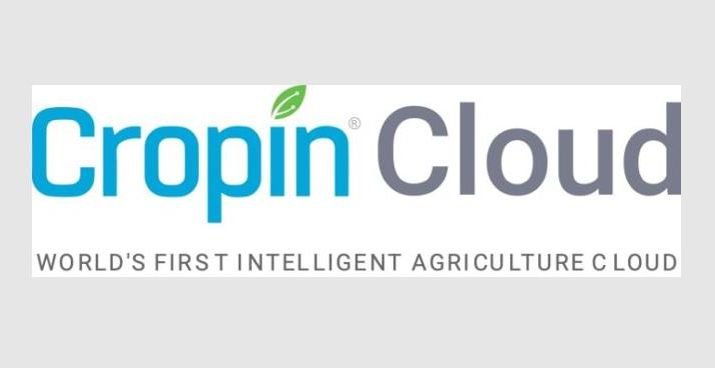Cropin launches akṣara: A Micro Language Model (µ-LM) for climate smart agriculture
The first version of akṣara will cover nine crops viz. paddy, wheat, maize, sorghum, barley, cotton, sugarcane, soybean, and millets for 5 countries in the Indian subcontinent.
Cropin Technology, a global Agtech company enabling intelligent agriculture, announced the launch of ‘akṣara’, the sector’s first purpose-built open-source (Apache 2.0 License and with no restrictions) Micro Language Model (µ-LM) for climate smart agriculture, built on Mistral’s foundation model. ‘Akṣara’ is designed to address the problems faced by the underserved farming communities in the Global South by removing barriers to knowledge and empowering anyone in the agriculture ecosystem to build frugal and scalable AI solutions for the sector. With the goal of democratizing access to digital technologies and modernizing agriculture for the 21st century, Cropin aims to empower agricultural stakeholders, developers, and researchers to tackle global challenges like food security, climate change, resource conservation – water and soil, regenerative agriculture practices amongst others by providing access to contextual, factual and actionable information.
The first version of akṣara will cover nine crops viz. paddy, wheat, maize, sorghum, barley, cotton, sugarcane, soybean, and millets for 5 countries in the Indian subcontinent. These food crops collectively account for a substantial portion of the world’s food requirements and are the staple food for the population in the global south. Developed by Cropin and hosted on Hugging Face, akṣara is a frugal and scalable µ-LM built and fine-tuned on top of the Mistral-7B-v0.2 model. Recognizing the environmental impact of running large language models (LLMs), Cropin has meticulously compressed ‘akṣara’ into 4-bit from 16-bit by using QLoRA or Quantization and Low-Rank Adapters (LoRA). The model seems to be more relevant than GPT-4 Turbo by almost 40% on randomly selected test dataset as measured by the ROUGE or the Recall-Oriented Understudy for Gisting Evaluation scoring algorithm.The model ensures that the responses are factually relevant and brief while minimizing the compute and storage resource requirement.
It was fine-tuned with more than 5,000 high-quality question-response pairs specific to agriculture and more than 160k tokens in the context. These numbers are expected to increase as we add more crops, geographic locations and use cases. To ensure that the model remains faithful to the question, it is grounded by using techniques like RAG or Retrieval Augmented Generation by cross referencing an authoritative subject matter experts’ knowledge base.
This initiative also demonstrates Cropin’s commitment to sharing knowledge, and ethical and responsible use of AI for agriculture. The Cropin Al team used Google’s People + AI Guidebook and discussions with Google’s Responsible AI team to help guide the model’s design process. The aim was to ensure the model’s alignment with key responsible AI principles, reduce biases, promote the use of AI for sustainable agricultural practices (practices involving biological controls, soil conservation, water conservation, companion planting, preserving beneficial plants and insects), and ensure the equitable distribution of benefits across farming communities in the Global South.
This open-source initiative aims to support agronomists, agri-scientists, field staff, and extension workers and gradually extend the services to farmers in multiple languages, considering the need for local language support. Cropin believes that transforming global food systems requires equipping industry think tanks and researchers with the best decision-making tools and information. This knowledge should then be disseminated at the grassroots level.
Speaking on the announcement, Krishna Kumar, Founder & CEO, Cropin said, “In an era where Large Language Models are reshaping jobs, businesses, and customer interactions, the spotlight is now on industry-specific models trained on niche and comprehensive domain data as the ‘next big thing.’ These models can potentially transform agriculture, paving the way for a new era of tech-driven farming in a sector that has traditionally seen limited technological advancement. Domain-specific AI models for agriculture are expected to attract significant investments, offering a practical and economically viable approach to food systems transformation. Akṣara reinstates our commitment to leading the tech-driven agricultural movement in the years ahead, significantly impacting small-scale farmers’ lives”.
The first version of akṣara will cover







